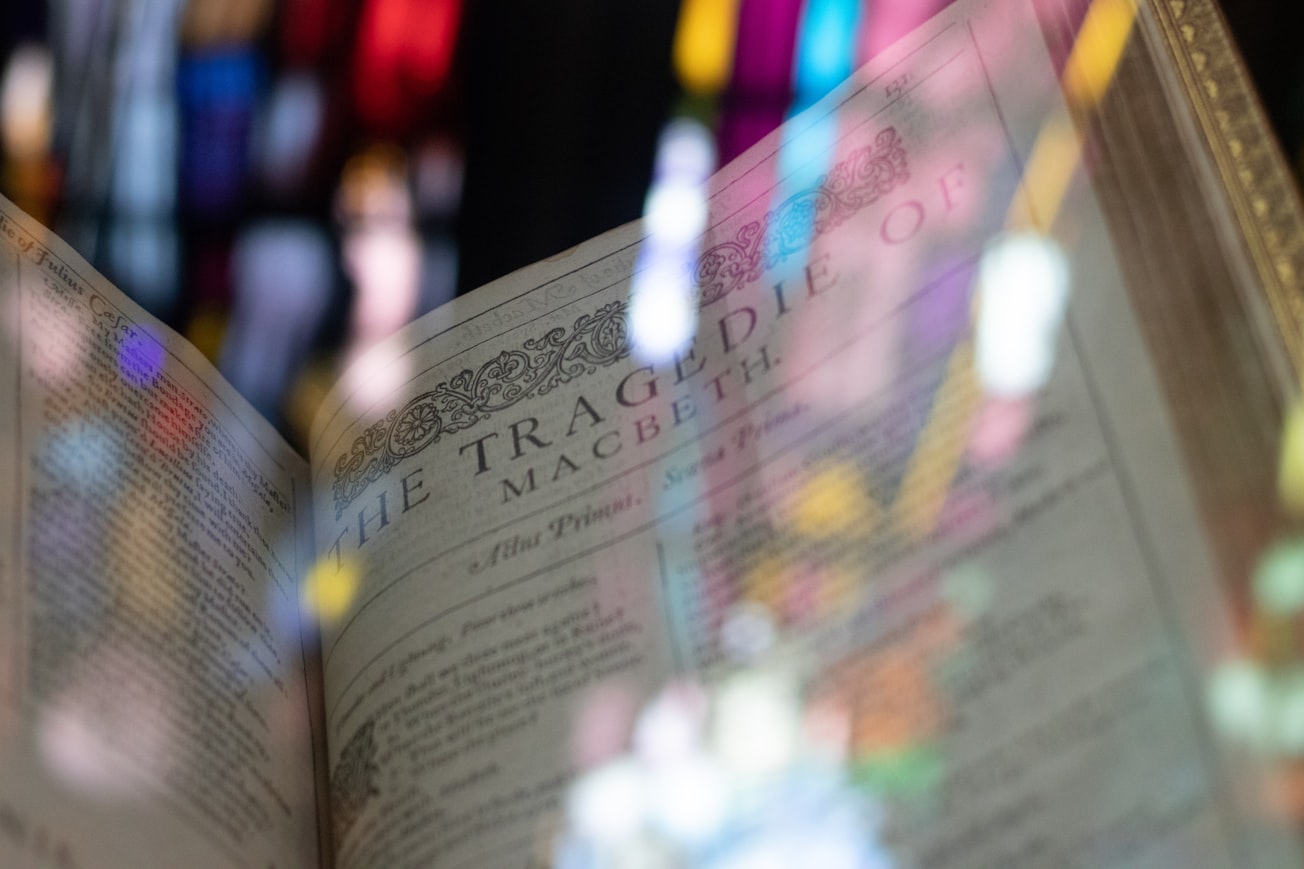What is it about?
In the theatre, possible scenarios and possible worlds are played out. This essay studies Shakespeare's plays as opportunities to act out and experience this existence "as if". With this open and inclusive mindset, performances of Shakespeare become opportunities for encountering foreign cultures and other worlds. The plays also become opportunities for various collaborating artists to give voice and presence to their art through Shakespeare.
Featured Image

Photo by Matt Riches on Unsplash
Why is it important?
This essay addresses a topic issue of cultural adaptation and appropriation. Rather than continuing in the traditional ideas of adaptation and appropriation as artistic ways of changing, modifying or appropriating the work of an author's text, this essay offers a more democratic, nonhierarchical and inclusive model: performing Shakespeare is a collaborative process with various artists contributing to the event.
Perspectives
This essay is part of a larger project on adaptation, translation, theatre theory and propositionality. It is a companion piece to Pavel Drábek's essay "Shakespeare’s Myriad-Minded Stage as a Transnational Forum: Openness and Plurality in Drama Translation", Shakespeare Studies 46 (2018): 35–47.
Pavel Drabek
University of Hull
Read the Original
This page is a summary of: Shakespeare’s myriad-minded stage: Propositional spaces of cultural hybridity, Cahiers Élisabéthains A Journal of English Renaissance Studies, April 2019, SAGE Publications,
DOI: 10.1177/0184767819835551.
You can read the full text:
Resources
Contributors
The following have contributed to this page










